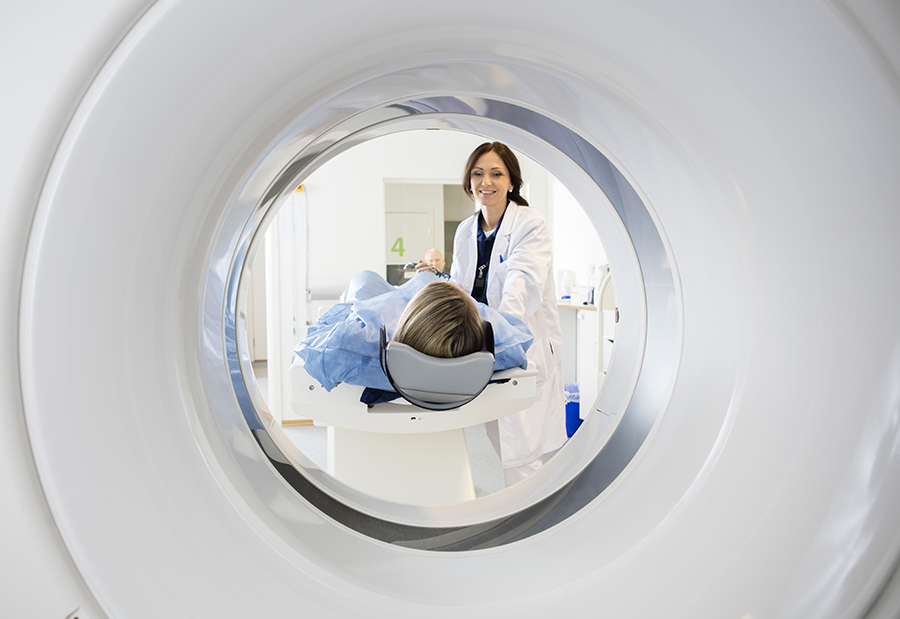An EEG test is a painless test where an EEG specialist will put harmless electrodes onto your head with sticky tape or special glue. The electrodes will be connected to a computer that will measure the electrical activity in your brain.
Diagnosing Epilepsy
If you have a seizure it does not necessarily mean you have epilepsy. Epilepsy can only be confirmed after you have more than one seizure as other conditions, such as fainting, migraines and panic attacks, can cause similar symptoms.
Diagnosing epilepsy can be a complicated process that will involve a number of different tests and gathering information from different people.
To begin with your doctor or specialist will ask you to make a detailed description of your seizures and may ask a family member or friend to help with this description. It may be recommended that a seizure diary is kept to record things like when the seizure happened, what you were doing when it happened, how you felt before, during and after your seizure.
Tests for Epilepsy
More information will then be gathered using:
- Blood tests for medical conditions that may cause seizures
- EEG to test the brain's activity
- MRI scan to check for tumours, a stroke or scarring on the brain
Electroencephalogram (EEG)

Magnetic Resonance Imaging (MRI)

An MRI scan uses magnetic fields and radio waves to make an image of your brain. You will need to lie very still in the MRI scanner, which is a large tunnel with open ends surrounded by a large circular magnet, while it is making the image of your brain.
Send your Feedback!
Would you recommend the UCBCares website to other visitors?